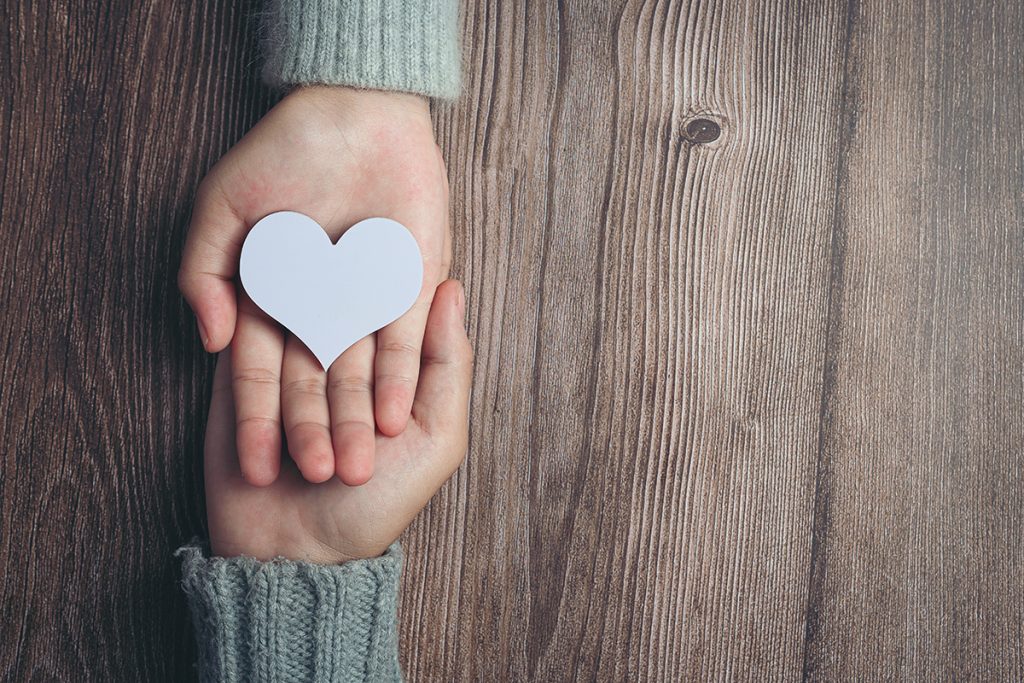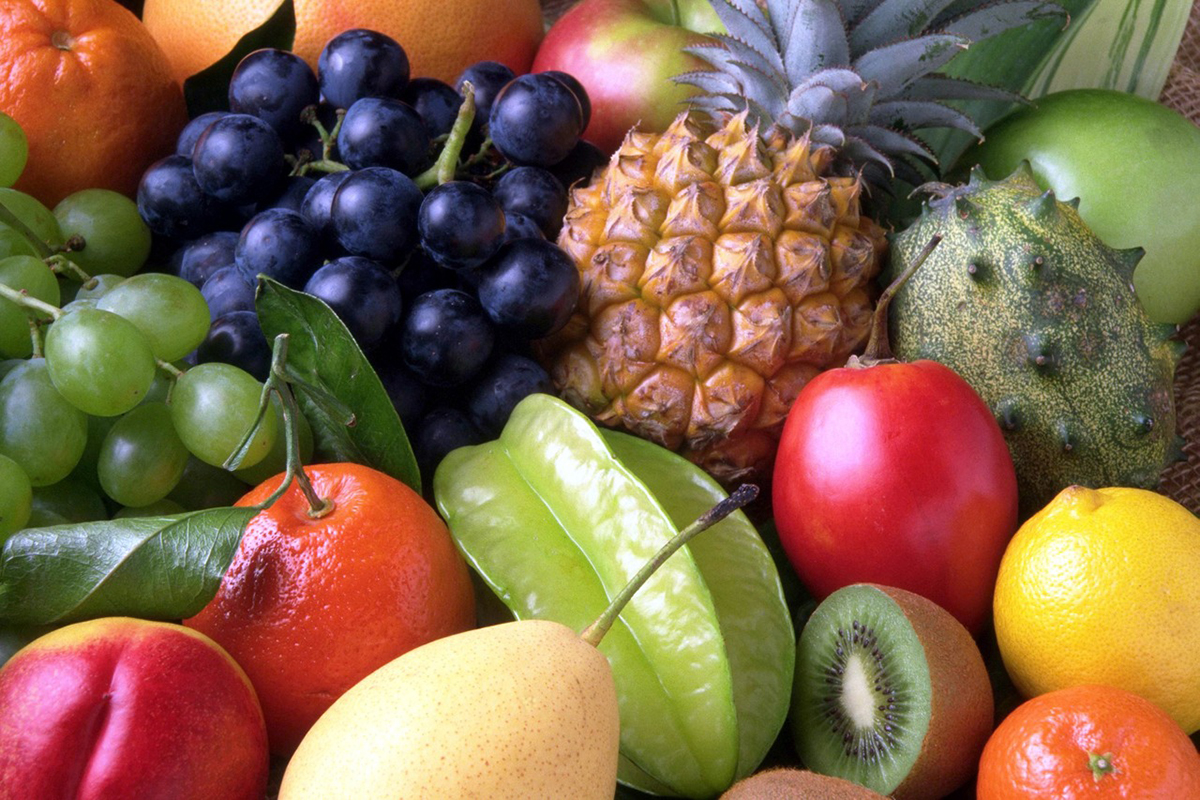The happiness that kindness brings you

Scientists researching happiness have determined that showing kindness to others can enhance their well-being. A small gesture such as purchasing a cup of coffee for another person can have a positive impact on someone’s mood. Although everyday life presents numerous opportunities for such acts of kindness, many individuals fail to seize them.
The impact of kindness
Nick Epley and Amit Kumar conducted a series of online studies to explore the possible explanation that individuals who perform random acts of kindness are unaware of the extent of their impact on others.
These studies involved around 1,000 participants who performed acts of kindness with the primary intention of making someone else feel good, without expecting anything in return. Although the specific acts of kindness varied, both the giver and the recipient of the kind act completed a questionnaire in all experiments.

The difference in expectation
The researchers asked individuals who had performed kind acts to report their own experience and predict how the recipients would react to their actions. They aimed to understand how valuable people found these actions, and then compared the givers’ expectations about the recipients’ mood with the recipients’ actual experience.
The studies revealed recurring patterns, such as both the performers and recipients of the kind acts being in a more positive mood than usual after the exchanges. Additionally, it became evident that givers underestimated the impact of their actions, as the recipients often felt considerably better than expected.
Initially, these acts of kindness which were examined were directed towards known individuals only. Such as acquaintances, peers, or relatives. Nevertheless, it was subsequently revealed that the very same participants undervalued the favorable influence of their actions on unfamiliar individuals.

Giving matters
In a particular experiment, hot chocolate was given away by participants at a public ice rink on a cold winter day. Similar to the previous experiments, these recipients experienced more positivity than the givers had expected. Although the givers viewed the act of giving away hot chocolate as insignificant, it was perceived as valuable by the recipients.
The research also shed light on why people tend to underestimate the impact of their actions. For instance, when a group of participants were asked to predict how much someone would appreciate receiving a pastry for taking part in a study, their estimates were relatively accurate.
However, if the same participants were to give a pastry as a random act of kindness, they tended to underestimate the positive impact on the recipient.

The importance of a positive and prosocial interaction
This research implies that participating in positive, kind acts holds significance beyond the benefits one receives. However, the feeling of inner satisfaction can be missed, which may hinder being kind in everyday life.
Despite this, the majority of individuals have a desire to perform acts of kindness. In fact, many participants in the study expressed their wish to do so more frequently. The conclusion is that those who engage in random acts of kindness may not fully comprehend the happiness their actions can bring to others.



















